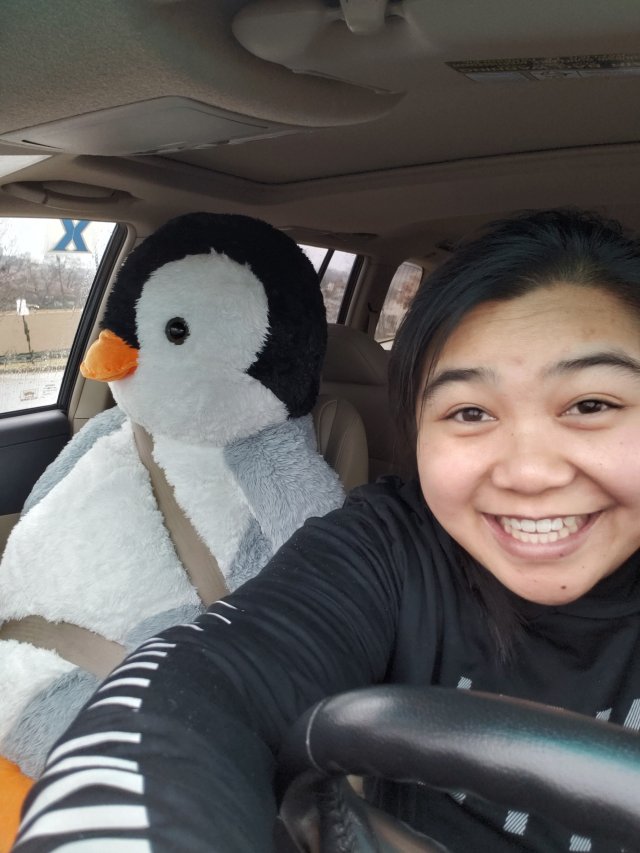Meet EPA Research Chemist Maily Pham

What research are you working on right now?
As a quality assurance manager, I assist researchers in the planning, implementation and assessing of their projects and products to ensure sound data quality and research. Prior to this position, I worked as an analytical chemist for ten years and helped manage and coordinate our water quality lab. We analyze drinking water samples for many research efforts such as lead, PFAS, algotoxins, legionella and other contaminants within drinking water. Additionally, we also help provide some analytical support to communities across the country. My typical duties would be to coordinate with researchers about their projects and analytical needs, provide support to our labs (running the various types of analytical instrumentation or troubleshooting/repairing instruments as needed), and managing an internal analytics database.
Tell us about your background.
I have a bachelor’s degree in chemistry with a minor in mathematics.
When did you first know you wanted to be a scientist?
As long as I can remember. My father and grandfather had started a chemical anodizing business when I was very little. I admired my dad and he inspired me. He always worked so hard at everything he did and I just knew I always wanted to be just like him. I think sometime in high school when I was picking classes, I realized more specifically that I wanted to be a chemist.
What do you like most about your research?
The variety of work I get to do! From the chemist perspective, I’ve been able to use so many different types of instrumentation and explore so many different techniques. I’ve been fortunate enough to go out into the field and set up pilot systems in various communities across the country and get a better understanding of how distribution systems work. I’ve had hands on experience with plumbing and building pilot rigs (so useful for home use as well!). The researchers I work with are so inclusive and so passionate about their work, it’s so exciting to be able to learn and be so involved in so many different projects.
In my previous position, I was deeply involved in the sampling and middle portion of research projects. Presently as a quality assurance manager, I’m now able to see projects come full circle—from the very start of the research planning phases to the end phase with products and deliverables.
How does your science matter?
My science matters because I know that it’s making a direct impact on public health and drinking water. From contributing to lead research, assisting in the removal of many different contaminants, and helping communities make informed public health decisions to provide clean water to the public – there is a vast amount of research that I’m contributing to.
If you weren’t a scientist, what would you be doing?
I honestly have no idea. Maybe a baker? Teacher? Something with computers? Clearly, I have no idea!
What advice would you give a student interested in a career in science?
Never be afraid to ask questions and I can’t emphasis this enough - never be afraid to admit you don’t understand or need clarification on something. This doesn’t just apply to school but also when you begin your career. I spent so much time thinking I should know things and being afraid people were going to find out I didn’t know everything. But remember that everyone has to start somewhere and it’s okay to ask questions. Definitely easier said than done, but this will make your life so much better and so much more interesting!
If you can have any superpower, what would you choose?
Teleportation. I hate traveling in a car, so I’d settle for flying, but teleportation allows for instant travel and flying to another country would still take a while. I would love to be able to go anywhere quickly.
If you could have dinner with any scientist, past or present, who would you choose and what would you talk about?
Einstein so I could recreate the picture with him sticking his tongue out. But really – I’d choose to have dinner again with my father. He passed away a year after I started working at the EPA and I’d love for him to see where I’m at now and to discuss science with him.
Editor's Note: The opinions expressed herein are those of the researcher alone. EPA does not endorse the opinions or positions expressed.
